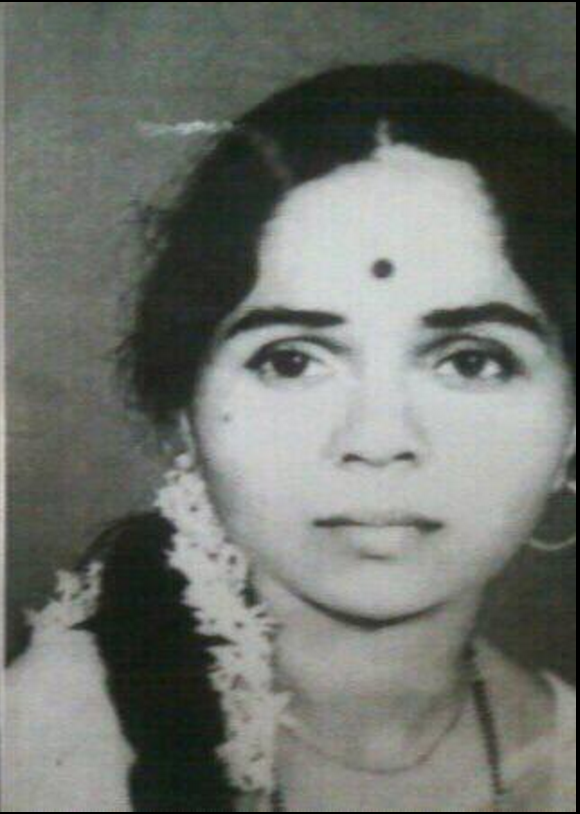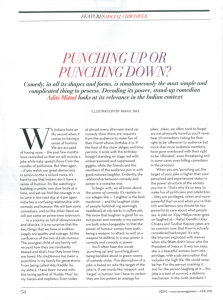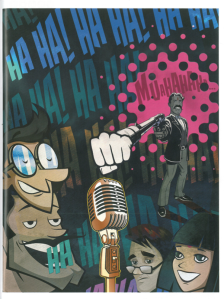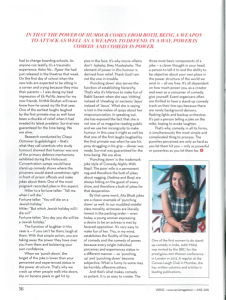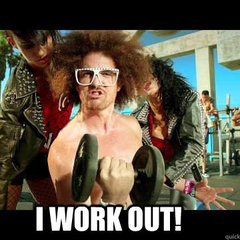Rihanna Regains Consciouness
(I was commissioned to write this column, and once I submitted it, was told that I had missed the deadline by two hours OR maybe that was just them being nice to me while rejecting it, which I appreciate. Either way, I’m cleaning up my Google Drive rn and I saw this lying there. I figured I should put it out on this blog no one reads, at least it won’t be taking up space on my Google Drive. It was about the time that Rihanna’s tweet about the internet shutdowns in the farmer’s protest was in the news.)
Rihana’s place in Indian pop culture and history has been cemented after the now three hundred and seventy five thousand time retweeed tweet. In it, she asked the question- “Why is no one talking about this? Hashtagged it FarmersProtest and linked a CNN story on the brutalities (including internet shutdowns) being meted out by the police on the ongoing farmers protest. It led to a slew of international voices including Greta Thunberg and Mia Khalifa drawing attention to the state of affairs as well.
In the past 3 days India has had to scramble to get to know Rihanana so that we could thank her or malign her depending on what Whatsapp forwards we believe. To the world she may be a global superstar- actor, singer, business woman, entertainer, one of the highest selling American music artists of all time, and have a social media following of over 200 million people across platforms, in India we didn’t know her. But not knowing something has never deterred us from judging it, in fact, it’s one of our specialities. The replies section to her tweet looked like a piñata of a drunk uncle had exploded on it. The misogyny and racism was like glitter in your hair- you would have to dust it off for days afterwards.
When an attractive, successful woman speaks truth to power it is confusing for a hate mongering men-typing out venomous threats with one hand on their keyboard, and the other down their pants because they can’t decide whether they want to hate or masturbate. All Rihanna’s music videos on YouTube received millions of views in a few days from curious Indians. We have left our digital footprints in the comments section in the form of more misogyny and racism. The ad revenue from her videos has probably gone up by a bit.
Now, I have enjoyed Rihanna’s music like millions of others for almost a decade, but never I imagined that the lady who sang about “diamonds in the sky” would rattle the government of allegedly the worlds largest democracy enough for it to rain reactions. Within hours, the “soft power” of Bollywood was deployed in a series of copy-paste tweets belched out by the Twitter accounts of Akshay Kumar, Ajay Devgan, and other actors that have felt victimised by the success of the Khans in the past decades. Sportsmen, who may have worn the jerseys of Team India, but in reality only batted and served for themselves followed suit. The flood gates of testosterone had been opened. She may have sang about loving “Rude Boys” in 2010, and we’re going to give them to her. Even the Ministry of External Affairs flew in with a statement, reacting to Rihanna’s tweet more strongly than it has to China’s military forces at the Indian border. Allegations of her getting paid for her tweet is doing the rounds in publications as of yesterday. Even if these “anti-national” elements have that much money, why would they hire Rihana of all people, especially when they would have been able to purchase the support Indian Bollywood and sports idols for so much lesser?
By the night of her tweet Republic TV had labeled Rihanna a Minister of Agriculture from Congress.( Was “Umbrella” a song about agrarian distress due to undependable rainfall? That’s really good propoganda.) Another channel called her tweets “Anti-India.” When did asking “why is no one talking about this” become seditious? The India they want to exist in asks no questions, and does not talk about things. And it’s worse sin of all- that it robs us of growth, of having the privilege to make new mistakes, because we are just repeating our old ones. CNN- News 18 asked her “Kya aapko Gazipur border pata hai? Kya aapne krishi kanoon padha hai? Kya aapko pata hai ye kaise paas hue?” and such poignant questions that it has not had the audacity to ask our own beloved leaders. CNN News 18 taking digs at Rihanna is a study in irony, because the link that she had tweeted to illustrate her point belonged to CNN, and so does CNN News 18. No matter what side you’re on, remember CNN will make some money off of you.
One influencer warned that Rihanna would never dance at an Indian wedding after this, which begs the question- is this the pinnacle of what the Indian market can offer her- the opportunity to dance with a patriarch four whiskeys down to “Ey meri zauharjabhi”? If so is she missing out on much? Protests were staged against Rihanna’s tweet, because protests were what our country was missing. The pictures of their placards “Rihaana hosh main aao” and it’s direct English translation by Google “Rihaana regain consciousness.” They burned pictures of her at these protests, because acting out tableaus of lyrics of her songs “just going to stand there and watch me burn” are a running theme with this government. Who can forget their wonderful tableau of “bitch give me your money” which they executed during demonitisation?
As expected, the backlash towards Rihana left the inboxes of women named Rehana and cricketer Rahane in mess. User @miracle_teacher34 challenged Rihanna to a debate in the supreme court “whoever wins logically and ethically would get the entire wealth of the defeated side. Rihanna Vs. Vikas. Do you have the guts to accept this challenge?” As if “guts” was the thing stopping her from engaging with Vikas. Luckily, she has not accepted the challenge yet, Vikas’s wealth of mommy issues are safe with him for now.
The reactions are still pouring in, this tweet has given our news media days of content so that we can avoid talking about the real issues she brought up. On the most logical level, what would Rihaana get out of tweeting about internet shutdowns during farmer protests? A whole lot of online harassment, a song dedicated to her by Diljit Dosanjh called “Riri” (It’s the ultimate puppy eyed tribute, cute, but…ahem… definitely not his best work. For some surreal courtship tunes to her may I point you to Rihana o Rihana, a 2016 kaan keeda by Baba Sehgal), and scores of Indian uncles negging her into debates? She’s enough of a business woman to know that its not worth it. The truth is, that our reactions to a popstars tweets revealed more about us than it did about her.
But what has India gotten out of Rihanna’s tweet? And a chance at visibility at the struggle of millions of farmers all over the world, an oopsie to the world where our facist petticoats are showing under our democratic sari.
Welcome to Indian history Riri.

